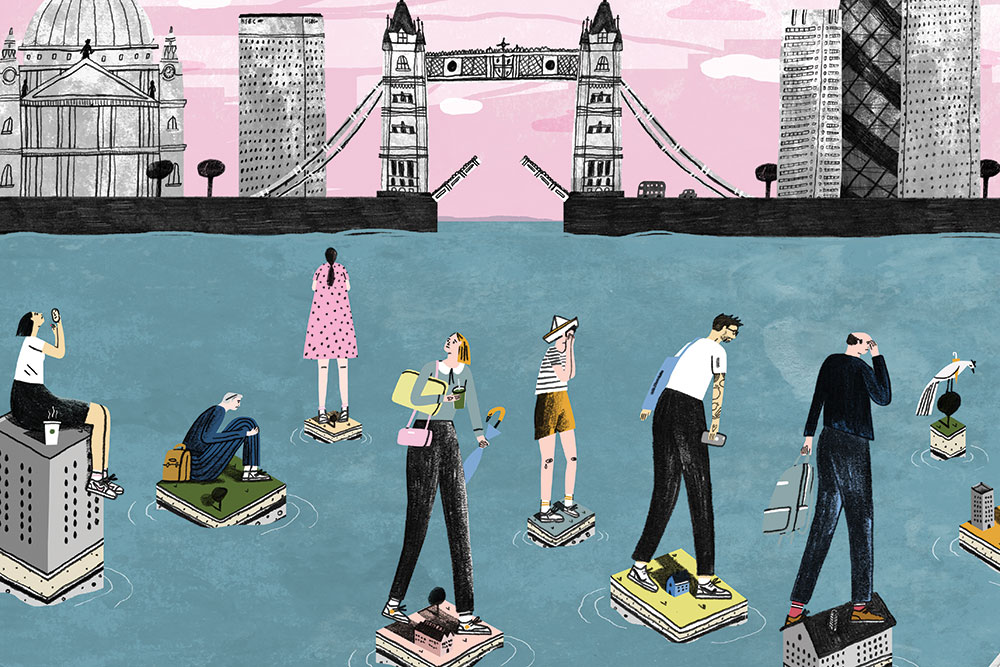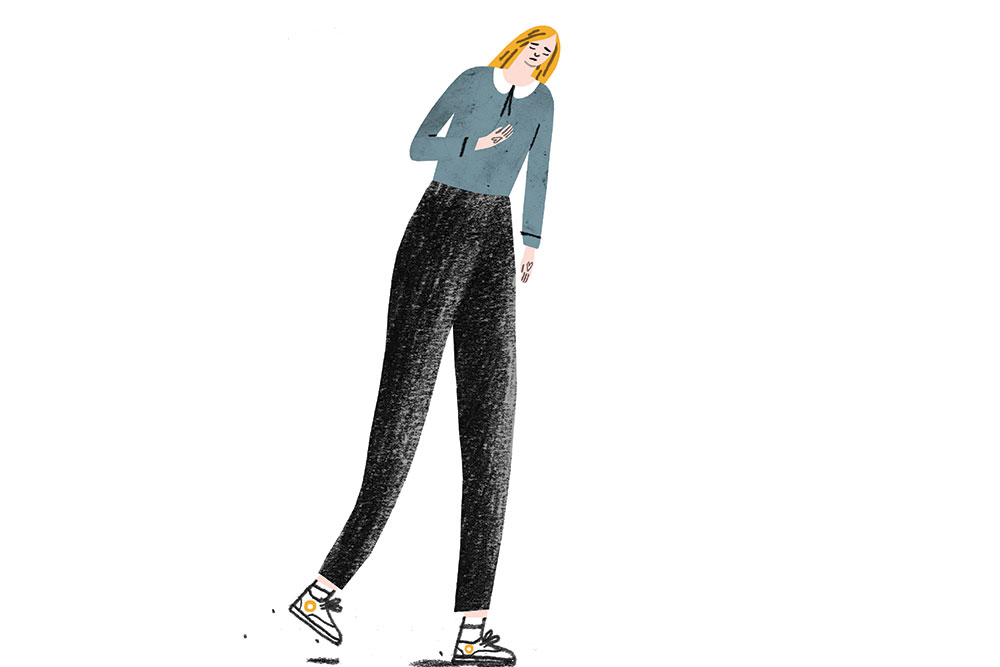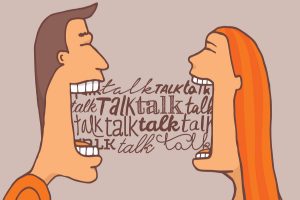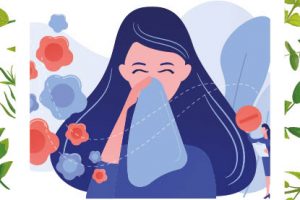How loneliness is a secret killer

When you think about the healthiest times in your life, chances are they’re also the happiest. It’s hard to separate physical and emotional wellbeing, yet Western medical paradigms sometimes compartmentalise our wellbeing in ways that can be limiting.
THE BEST MEDICINE
Conversations about health tend to focus around good nutrition, exercise, quitting smoking and losing weight. But having good quality social relationships is, I believe, a vital and overlooked part of the total health equation. Researchers at Brigham Young University’s Department of Counselling Psychology found that good social connections – with friends, family, neighbours or colleagues – cut mortality in diseases such as cancer and heart disease by 50%. Loneliness, with a lack of such connections, increased mortality to the level of those who smoke 15 cigarettes a day, and to twice as much as those who are obese.
Psychologist Dr Julianne Holt-Lunstad, who led the study, proposes that persistent loneliness and social isolation should be given the same attention as chronic illness, as a lack of social connectedness is a major predictor of early mortality.
And, while people living in rural locations appear to have close communities and
ties between family and friends, a 2014 survey by the Office of National Statistics reported more loneliness in Britain than in any other EU country.
Surveys such as this tend to focus on older people, but younger people also feel disconnected. While suicide is the single biggest killer of young men, it’s surprisingly less common in London than the rest of the UK. Could this be due to the capital’s increased interest in mental and physical wellbeing? Although a study in the British Medical Journal, in which researchers from University College London analysed data of 70 trials involving 18,000 people, found that anti-depressant use, versus placebos, actually doubled the risk of suicide.
FINDING CONNECTION
One major cause of loneliness and stress is migrating to a new country or community. On the one hand, someone arriving in London is more likely to feel ‘at home’ in an area where people from their culture accumulate. On the other, society demands more integration.
Urban life has become so busy that few people have time to even say ‘Hi’, let alone check in on their neighbour.
I believe we need a certain amount of personal space and, in highly populated areas, we tend to retreat into our own world to achieve that. Also, fewer community activities, such as religion or sport, give newcomers little means to meet new people with common interests and values. Attuning to a deeper sense of self and self-love (but not in a narcissistic way) is a prerogative for being able to live a more connected life. This has a lot to do with the heart.
The heart is about love, and our experience of love tends to go through phases. First, there is experiencing love, be it with friends and family, or being in love with your partner. When we lose love for one reason or another, we experience hurt and fear.
Psychologist and author Dr Gerald Jampolsky said love is letting go of fear, and wrote an excellent book about this. The converse is that fear is letting go of love. Then there is the absence of love, that is, emptiness or loneliness, which is really forgetting love. Next there is longing, the desire for love – remembering it. And before long, we are back in a feeling of love.
ONLINE OBSESSED
The advent of social media – Facebook, Instagram, Twitter – has radically changed our means of communication, creating an illusion of connectedness. But is it making us happier? A study by Dr Christopher Sanders at the University of Miami found that adolescents who self-reported as ‘low’ internet users (less than one hour per day) had better relationships with friends and family than those who reported ‘moderate’ (one to two hours per day) and ‘high’ (more than two hours per day). The authors concluded that excessive internet use could interfere with face-to-face relationships, as illustrated by a recent survey showing that one-in-10 young adults in the US admitted to having checked their smartphone during sex!
While these media platforms allow us to connect with people we have lost touch with, or to make new friends, we need to be mindful if they become a shallow replacement for real intimacy.
UNFRIEND MY HEART
An example of this is the stress Facebook puts on relationships, and the culture of breaking up on social media. When researching this topic for my new book The Chemistry of Connection (£12.99, Hay House), I interviewed Ilana Gershon, associate professor of communication and culture at Indiana University. She studied the nature and effect of social media on 72 college students and Facebook users.
One girl, Rose, told her, ‘If people want to maintain a romantic relationship, both members of the couple should get off Facebook.’ Why? Ilana explained, ‘While my interviewees insisted that Facebook turned them into jealous selves, I argue that the problem was that Facebook encouraged them to be false selves – selves that were not conducive to romantic connections.’
Ilana believes the problem with Facebook and similar media is that ‘not only do they create shallow connections, but they encourage people to treat each other as commodities or businesses: that Facebook takes the logic of viewing the world in terms of consumption, and extends this to the most intimate of relationships. When the self metaphorically becomes a business, it is a compilation of measurable skills and assets entering into relationships with others with different skills.’
THE POWER OF VULNERABILITY
But what makes for ‘quality’ in social relationships? Brené Brown is a professor of social work. Her TED talk, ‘The Power of Vulnerability’, explains her research on connection. She found that when asked about love, people told her about heartbreak. When asked about belonging, they told her about feeling excluded. When she asked about connection, they told her about experiences of disconnection. The breakthrough for her was realising that shame was the root of disconnection. ‘Is there something about me that if other people know will mean I won’t be worthy of connection? But for connection to happen we have to let ourselves be seen.’
One of the unfortunate attributes of loneliness is that you think people care about you much less than they do, so there is a danger that you isolate yourself even more.
In Brené’s research with thousands of people, she found that the big difference between people who had a sense of love and belonging and those who didn’t was that those who did believed they were worthy of it.
Often, a sense of unworthiness is rooted in the past. People who believe in themselves are more likely to keep trying when the going gets tough. So, if you are in a negative mindset, it’s important to treat yourself with compassion, to not give up, but to rebuild your self-esteem. If you feel down, do something enjoyable for a few minutes. Don’t bury yourself in a hole of despair, find a way out of it. Talk to someone face to face. Go for a coffee and tell someone how you feel, ideally someone who will listen but not try to fix you. Speak your truth.
Brené admires her interviewees who did this. ‘These people were “whole hearted”. What they had in common was a sense of courage. The word courage is from the Latin word cor, meaning “heart”. To tell the whole story from the heart, they had the courage to be imperfect, the compassion to be kind to themselves first, then to other people. They had connection as a result of authenticity. They were willing to let go of who they thought they should be, in favour of who they really were. The other thing they had in common was that they fully embraced vulnerability. They believed that what made them vulnerable also made them beautiful.’
But what makes us feel vulnerable? Uncertainty is a big problem. Instead of living with it, we try to make everything certain. We ‘perfect’ our image. On social media, we post only those photos or stories that make us look good. Brené says we need to, ‘let ourselves be deeply seen. To love with our whole hearts, even though there’s no guarantee. To believe we are enough.’
In my book, I talk about coming from the heart, and give simple ‘HeartMath’ techniques for developing this quality and extending positive feelings to others. These help convert loneliness into aloneness and, ultimately, into all-one-ness, since we are all connected, not isolated individuals. Love is the proof that consciousness is shared. We are all one humanity.
Patrick Holford’s book The Chemistry of Connection is out now (amazon.co.uk). See his five-minute video ‘Coming from the Heart’ at Patrick Holford
FIND YOUR BALANCE
The meaning of loneliness
When you feel lonely, you feel isolated, outside, somehow unlovable or unworthy of love. It is particularly acutely felt with the loss of a close relationship and experienced as a sensation in the heart or solar plexus. It helps to not resist it, but to breathe into the place in your body where you feel this sensation without labelling it. All feelings pass.
The meaning of aloneness
We are all alone. That is, it is your life to do with what you will. Ultimately, you are responsible for your own state. It is good to spend some time alone. One day a month, for example. Go to the country or a park for a long walk. Sit, meditate, become comfortable with who you are, warts and all. Ups and downs.
The meaning of all-one-ness
Everything you feel is felt by others. We are human and have the same fundamental needs, one of which is social. The connection that we call love, is the shared field of human consciousness. We are all one across this field. Next time you’re on a bus or the tube, recognise that humanity in random strangers. Be bold. Offer a smile or a gesture or say something kind.









